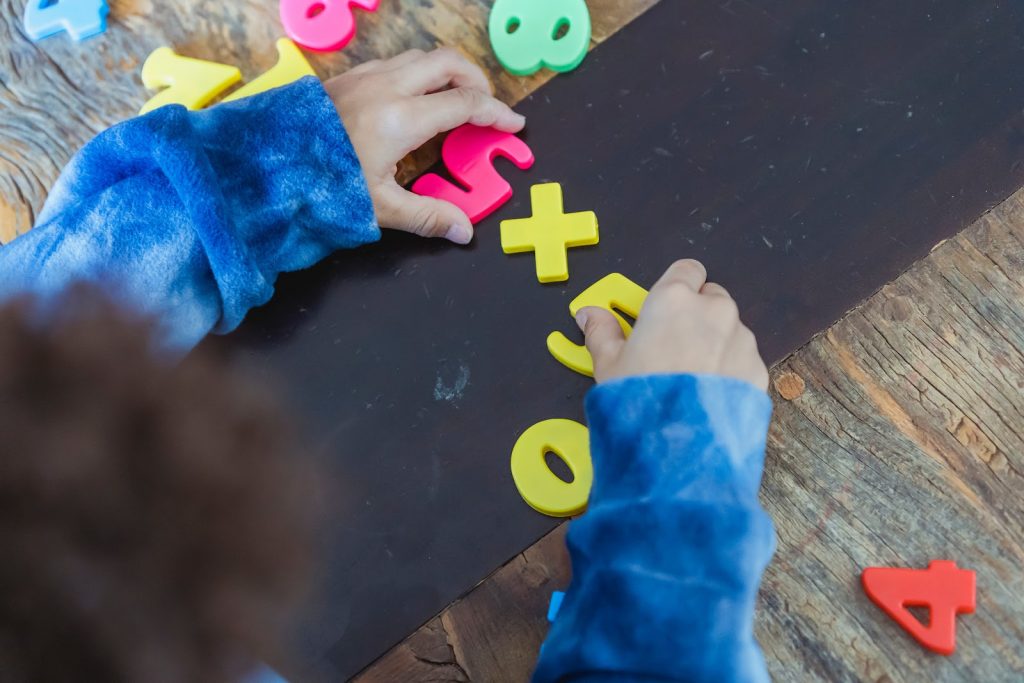Introduction
Based on a childrens’ grade and age, tutors and schools adopt different teaching formats. Kids also learn differently; some grasp concepts quicker than others. Before teaching math to kids, an understanding of what is required for kids to learn is essential.
Numerous activities relevant to math for 3rd graders online studying at Brighterly make learning more seamless. This guide showcases the best approaches to teaching math and helping your kids learn.
Effective ways to teach math to kids
There are a variety of approaches that work just like math games; however, they all have different impacts on different kids. To some, math games for kids are the most effective approach for teaching math, which is not accurate. To others, using worksheets during lessons is the best way to tackle math for kids.
This guide showcases options for teaching math and helping your kids learn. The most effective approach must encompass a wide range of activities and schedules which tutors must combine. Below are some practical ways of making learning easy for kids.
Back up your lessons with visual references
When teaching arithmetic concepts to youngsters, visual aids may be pretty beneficial. Visual aids and illustrations to explain ideas to children just starting to count might help them better grasp the concept. For instance, rather than using numbers when teaching counting to a kindergartener, you can use visuals of their favorite fruit, animals, and everyday objects.
Visual aids make a difference for children who struggle with abstract arithmetic concepts. It also appeals to the artsy students in your class. And for the younger ones, it is almost impossible to understand math without brightly colored visual aids.
Encourage your kids to share their thoughts and ideas
You can boost kids’ crucial thinking skills and self-confidence by encouraging them to share their thoughts. Educators need to allow kids to dig deeper into math issues, grasp the underlying logic of theories and express themselves, rather than writing endless complex formulas or replying to questions in a few words.
In your lesson, alternate between solving and explaining to illustrate how to tackle math problems. Also, teach your students multiple steps of approaching mathematical concepts. Kids need to have a math diary where they can record useful tips on solving mathematical problems.

Incorporate math games in teaching kids
Math games are helpful tools you can use to assist children in mastering arithmetic concepts. These tools are an excellent way for kids to learn while having fun. Furthermore, they are an easy and pleasant approach to accomplishing the ultimate goals of learning, understanding, and retaining math concepts and topics.
You can incorporate suitable games into your lessons; some of the examples are Action Addition and Subtraction, 101 Points, Shape Scavengers Hunt, etc. Also, you can get creative by making games out of everyday objects and teaching your kids how to play them.
Use hand-on activities
Math may be challenging for kids in primary grades, kindergarten, and preschool since it requires students to acquire new abstract ideas that are difficult for them to comprehend. For instance, for a kindergartener facing an arithmetic concept or problem for the first time, subtracting and adding variables will be alien.
Hands-on tools such as manipulatives make learning arithmetic more seamless for young students. Tutors can use natural or everyday materials like wooden blocks, toys, fruits, etc., to represent figures.
Parents can also utilize hands-on tools to help their kids learn math at home. To most people, hand-on tools are more useful for teaching counting and basic arithmetic concepts like addition and subtraction. The beauty of the tool is that it ensures that all students participate actively and have fun while learning.
Track the progress of kids and attach appropriate rewards
It is usually a happy moment for a kid to master a mathematical concept and solve a problem with it. In this situation, taking advantage of the kid’s feeling of accomplishment is essential to foster further learning.
Take time after an exam, course, or project to congratulate your pupils and their accomplishment. At the end of the session, semester, or at intervals, organize a mini event where kids can showcase what they have learned to their peers to add fun to the class.
Allow your kids to organize the events themselves; include arithmetic concepts and ensure that your kids’ focus does not deviate from the original objective— to master mathematics concepts. Through the activity, you can boost other critical skills of your kids by letting them take charge of the event and by deciding on topics, decorative elements, and other activities.
Make learning a step-by-step process
Concepts in mathematics are not too distinct; instead, they tend to build on one another. Kids and adults presume math to be challenging due to educators’ inability to make learning step-wise.
If you want your kids to master math, ensure that you link topics and concepts. Let your kids master one concept before going to the next. For instance, learning multiplication and division will be an uphill task for kids who have not mastered addition and subtraction. Therefore, enrolling kids in online math classes is essential to make the learning process more seamless.
Tailor your teaching to suit your kids’ needs
Consider kids’ interests and learning approach when designing a teaching schedule for your students. The teacher can observe the learning pattern suitable for each student through tests, assignments, and constant evaluation.
Educators must provide math worksheets and other tools to ensure kids learn while having fun. Also, allow kids to take charge of the learning process while you act as a guidance and mentor. That way, kids can express themselves and learn without pressure.
Also Read: How to Better Engage Students in Online Math Classes?
Conclusion
Every student has a preferred learning approach. Therefore, to make learning smooth for kids, educators must pay attention to students’ needs and personal learning styles. Then, teachers can back up their insights with the tips above to make students understand math concepts easier and progress in their academic journey.











